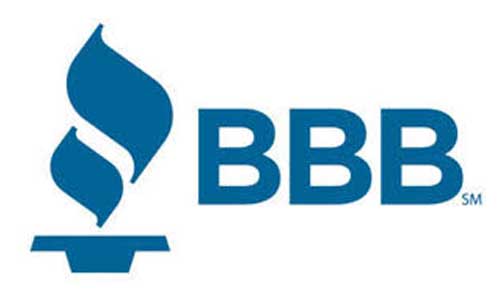
Scammers are surfing the web pretending to be someone they’re not and their using stolen identities to send out messages for things like a great new cure for COVID-19, a fundraising request or perhaps a discount on toilet paper, face masks and sanitizers.
The Better Business Bureau(BBB) is warning the public to be on the lookout for scams on social media.
How the Scam Works
While scrolling through Facebook, a message pops up in Facebook Messenger. It’s your friend, family member, or neighbor. At least it “looks” like them because the profile picture matches. From here, the conversation goes one of two ways:
In one version, your “friend” tells you about the latest cure, prevention tactic against the coronavirus or the most awesome deal they found on masks. All you have to do is select a link, share the good news or simply respond the message. In some cases, perhaps you want to take part in the offer and are ready to pay a processing fee and tax. Stop and think: would your real friend pass along this type of information?
In another version, the “friend” claims to be raising money for a charity to support emergency personnel, a food bank or some other organization that has really been hit hard by coronavirus situation. They ask you to make a donation. In either case, you’d normally be suspicious of the situation, but the message is coming from someone you know and trust. Or is it?
BBB warns everyone before responding to such a request, check that the Facebook profile image is from who it says it is and go the extra step and call, text, or email the friend to see if they really did send it to you.
How to Protect Yourself from Facebook Scams
- Be wary of online messages. A person may be trustworthy in real life, but online accounts can be hacked, and sometimes friends share things without checking them out first. Take a closer look before sharing, applying, or donating. Go to Give.org to verify a charity.
- Do some research.Go to BBB.org/scamtracker to see if the online website that is selling masks (or whatever product the friend is mentioning) is truly legitimate. If you can’t find a website, it’s most likely a fake. If you can find a website, look for contact information (no contact info is a red flag).
- Press for details.Ask strategic questions without giving any personal information to confirm you are actually talking to someone you know. If your “friend” can’t give you straight answers, leave the conversation, block them and then change your Facebook settings as well as your password.
- Report suspicious activity to Facebook.You can report scammers to Facebook to help protect your real friends and family from a scam. You can reduce the risk of having your profile impersonated by tightening up your privacy settings and hiding your Friends list. Do a “Privacy Checkup” by clicking on the question mark at the top of your Facebook home page.
For other recent Facebook-related warnings, see BBB’s articles on sharing your senior photo and taking Facebook quizzes.


![Validate my RSS feed [Valid RSS]](https://web.archive.org/web/20240108205913im_/https://ocgnews.com/wp-content/uploads/2022/07/valid-rss-rogers.png)

